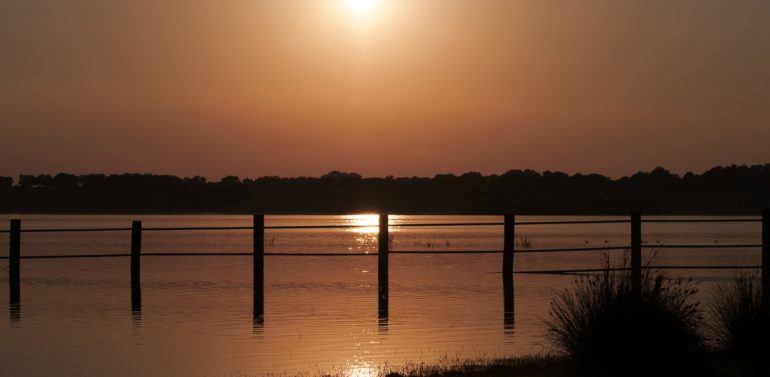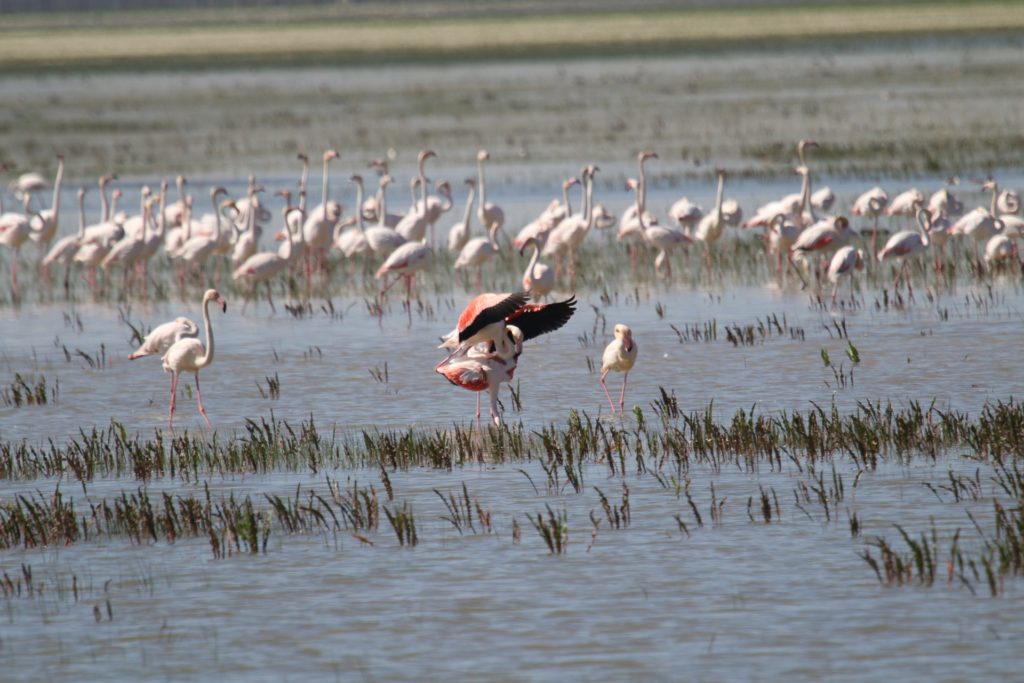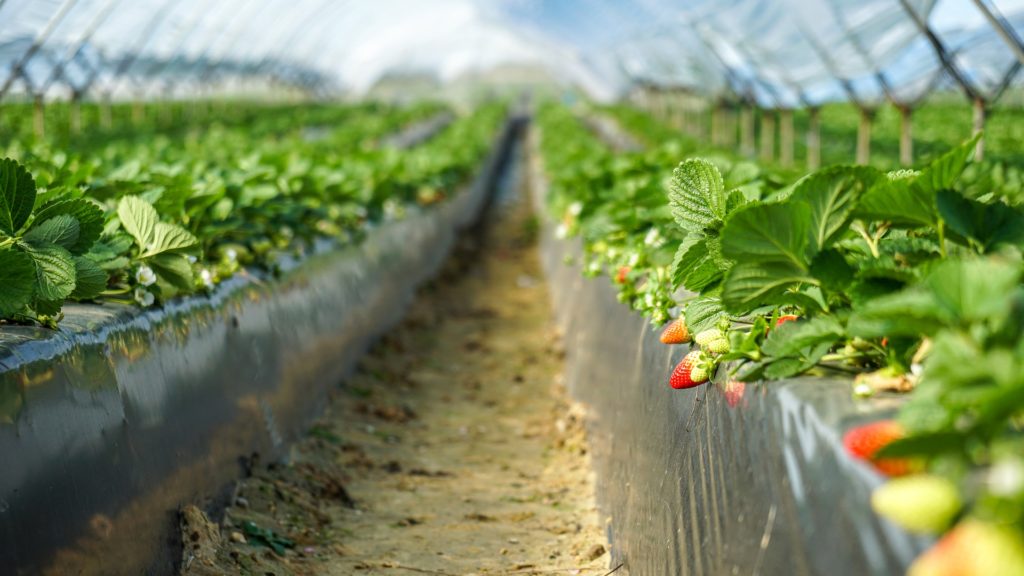
Andalusian government’s decision to process a law to legalize more than 1.400 hectares of agrarian land for irrigation in the surroundings of Doñana National Park -one of the most important wetlands of Europe- made alarm bells ring. The national government of Spain, the EU and UNESCO showed their public concern on this issue after the surprising decision of allowing more crops in a scenario of one of the hardest droughts in decades, increasing the water scarcity that environmentalist associations have been denouncing for years. The underlying political and economic interests for local authorities and berries farmers has started a dispute with this law which risks Doñana’s World Heritage distinction and the reception of Next Gen European funds.
The landscape of Doñana National Park has suffered the lack of water for years. The exploitation of its aquifers by agrarian use has damaged its biodiversity with the concern of environmentalists, who have denounced for years the administration’s disregard of the illegal extraction of underground deposits by some crops. The Court of Justice of the EU first warned Spanish authorities about the need to take measures to stop the degradation of this protected area’s environment for this reason in 2014. The blink of an eye on these practices that authorities had been making, according to environmentalist groups, provoked the signature of the popularly known as the Strawberry pact, which recognized the legality only of the crops created before 2004. According to the last WWF report of 2020 about the situation in Doñana, there were around 1000 illegal wells remaining, of which only less than half were closed by Spanish authorities.

Besides, the lack of rain in the south of Spain has forced the CHG (Hydrographic Confederation of the river Guadalquivir, depending on the central government) to declare the state of drought in the area, which implies irrigation restrictions for livestock and agrarian sectors. Reservoirs are now under 30% of their capacity and farmers are suffering irrigation restrictions reaching the 50% of their habitual amount of water. The CHG, itself, who would at last authorize the use of water by these crops, already warned that “there is no more water disponible. The aquifers are already overused and the search of alternative sources of water is impracticable in the short term”. And that is precisely what both local and autonomic authorities in favor of the law defend: outstanding measures like the construction of the Tinto-Odiel water transfer to provide new sources of water to the towns affected by the new irrigation law.
The autonomic government of Andalusia (formed by conservative parties Partido Popular and Ciudadanos) approved with the support of the far-right party Vox the processing of a law to allow irrigation in lands of five towns in the province of Huelva. These parties defend that the National Park would not be affected by the authorization of new irrigations, and that it would cover less space than environmentalists claim. Their goal, they say, is to provide a solution for a problem that local farmers have been struggling with for years. Romualdo Macías, president of the irrigators association of Huelva shares this point of view, saying that it would solve an “historical demand” for those farmers who were not covered by the Strawberry Pact. But not all farmers agree with the measures, as the already legalized crop farmers would risk the sustainability certificate which allows them to receive the desired European funds. In this way, they would not be able to compete in the European markets. It is important to note that 95% of Spanish berries production comes from the province of Huelva, where Doñana is, a profitable sector for local farmers whose total worth is higher than 1.5 million euros.



